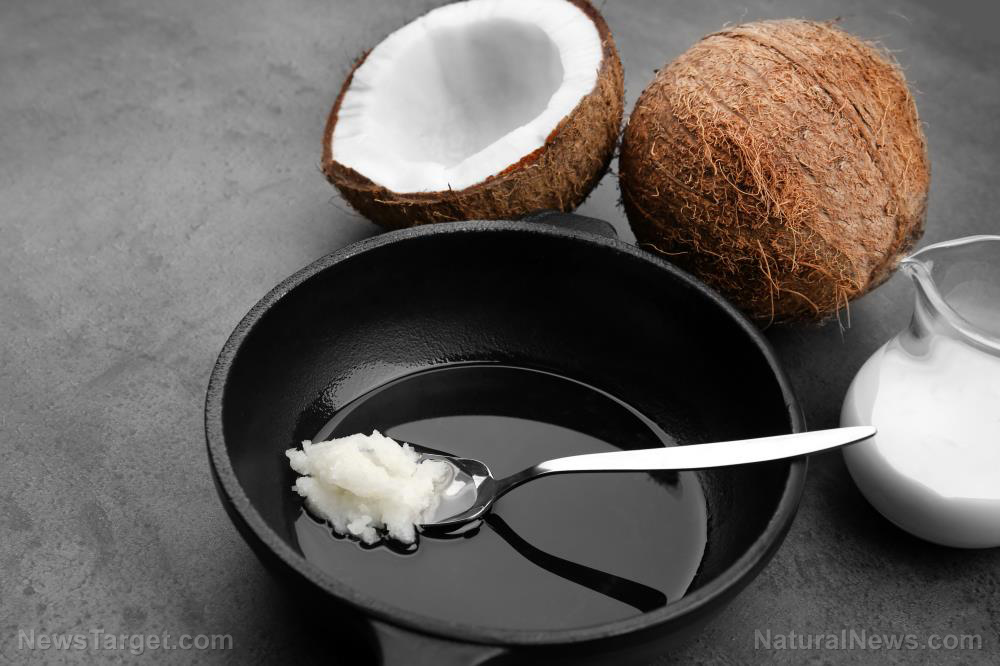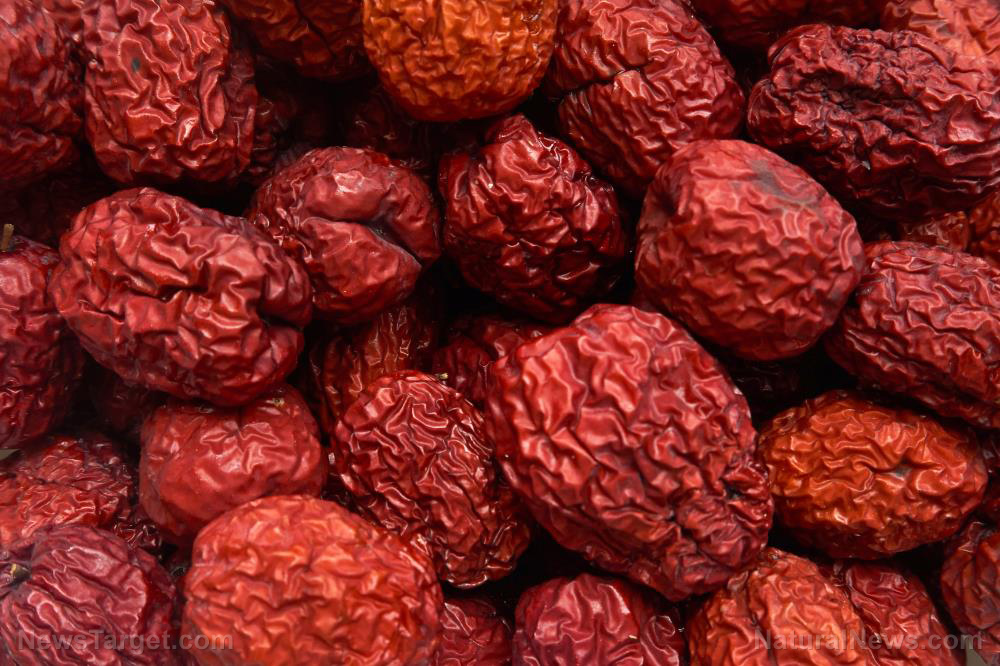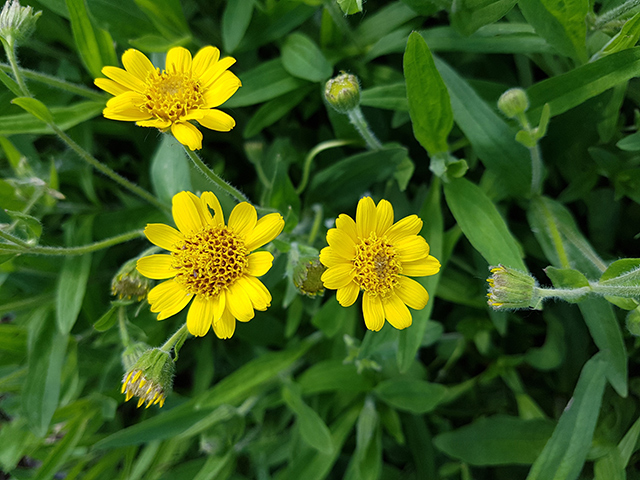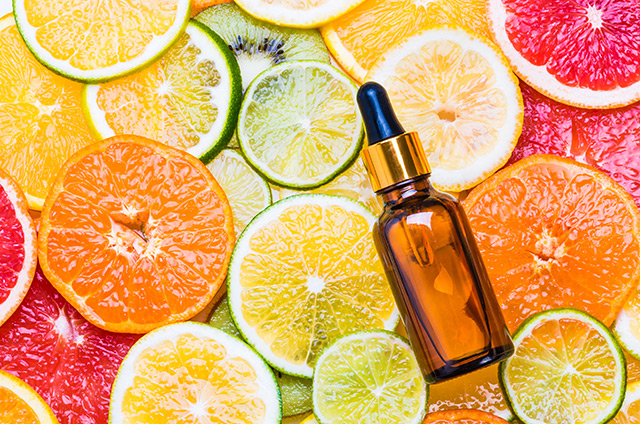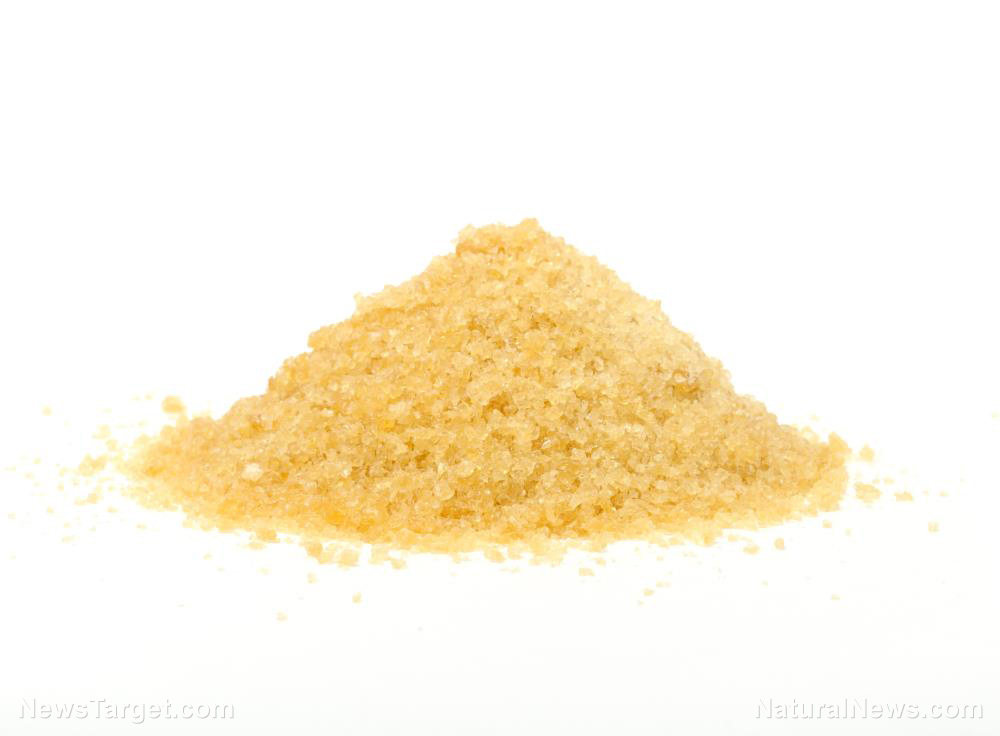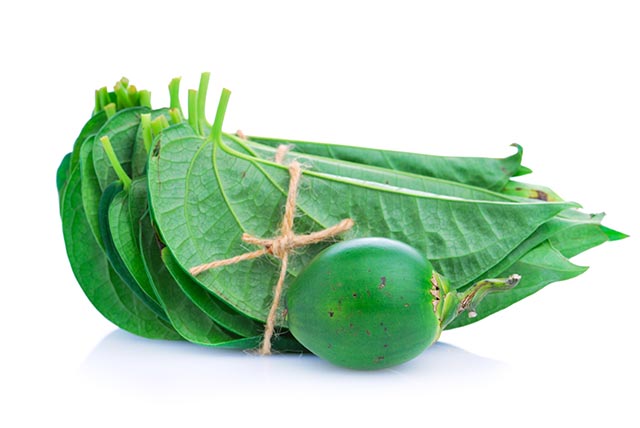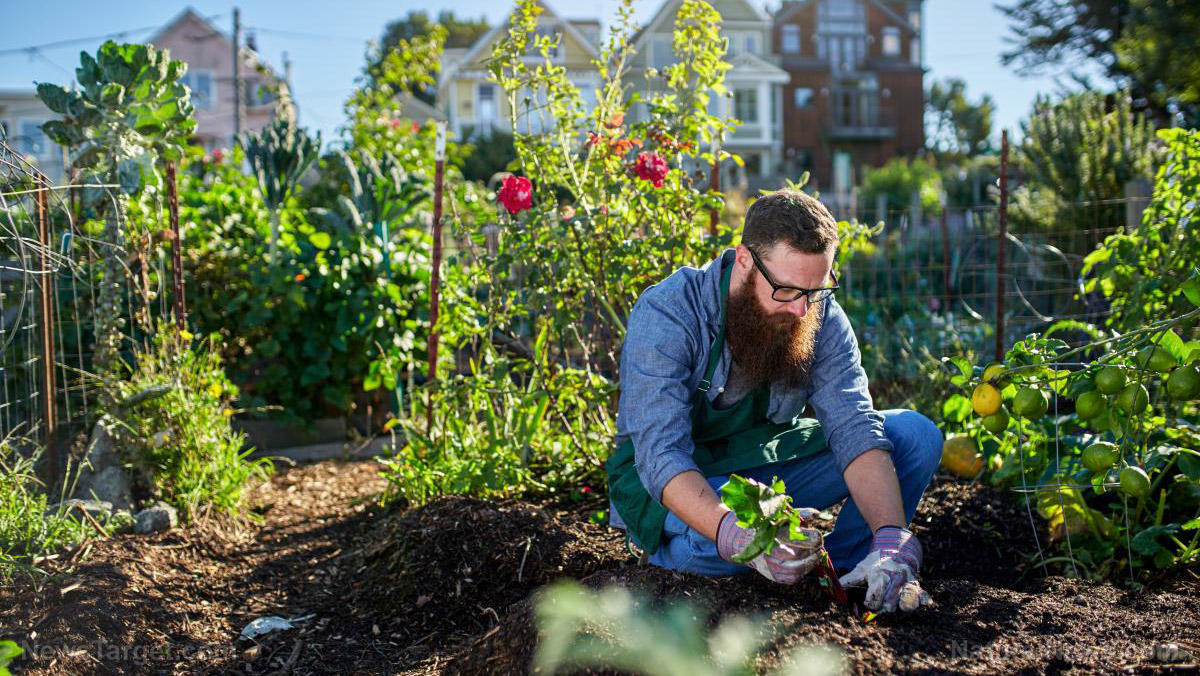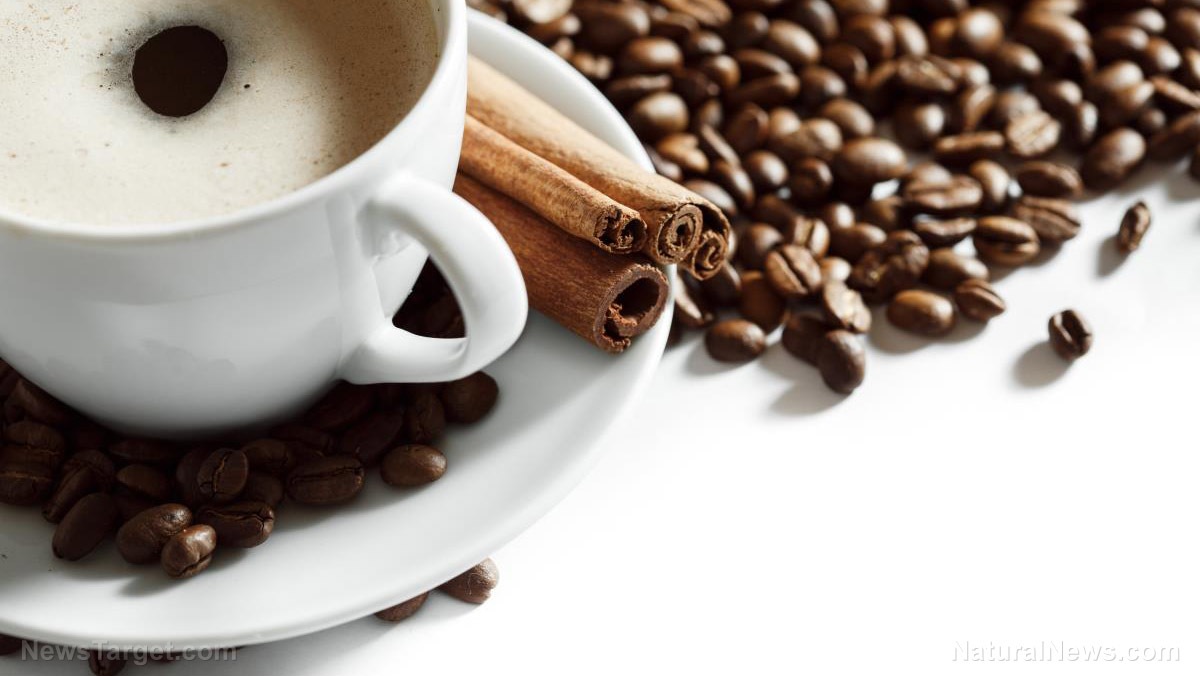Herbs to help you age gracefully: Support for the brain, heart, digestion, and more
04/12/2018 / By Ralph Flores
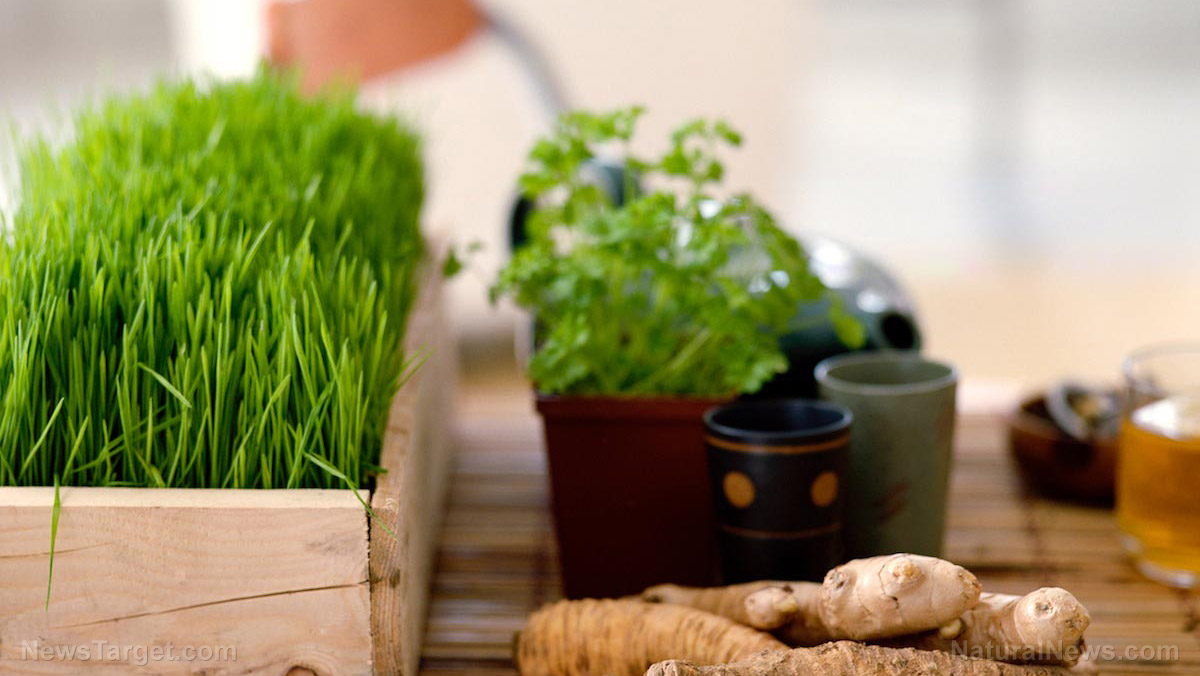
Everyone ages, it’s a given fact. That may be a cause of concern for some people, in particular, since aging means a decline in a person’s vitality. However, according to an article published in the Journal of the American Herbalists Guild, adjusting your diet and lifestyle – as well as incorporating herbs – can keep a person as healthy as possible, despite their age.
In the article, herbalist and ethnobotanist David Winston identifies common conditions related to aging and herbal and nutritional therapies to attenuate it.
Alzheimer’s disease — According to studies, the use of dietary and herbal antioxidants may reduce the likelihood of developing the condition. In addition, nutritional deficiencies, impaired digestion, poor circulation, insulin resistance, smoking, and chronic stress are all factors that contribute to decreased cerebral capacity and increase the risk of Alzheimer’s. The following herbs are recommended to counter this condition:
- Bacopa (Bacopa monnieri)
- Blueberry solid extract (Vaccinium spp.)
- Chinese polygala root (Polygala tenuifolia)
- Ginkgo standardized extract (Ginkgo biloba)
- Gotu kola (Centella asiatica)
- Holy basil (Ocimum sanctum)
- Lavender flower (Lavendula angustifolia)
- Lemon balm (Melissa officinalis)
- Periwinkle (Vinca minor)
- Rosemary (Rosmarinus officinalis)
- Sage (Salvia officinalis)
Atherosclerosis — Commonly linked to the presence of poor quality fats (e.g., trans-fatty acids, fried foods, rancid fats) in the body, the condition might be aggravated more by systemic inflammation, insulin resistance, oxidation of fats, and low-grade infections. Aside from adding omega 3 fatty acids, antioxidants, and nutrients, the following herbs may also help fight atherosclerosis:
The power of the elements: Discover Colloidal Silver Mouthwash with quality, natural ingredients like Sangre de Drago sap, black walnut hulls, menthol crystals and more. Zero artificial sweeteners, colors or alcohol. Learn more at the Health Ranger Store and help support this news site.
- Blueberry solid extract (Vaccinium spp.)
- Cinnamon bark (Cinnamomum spp.)
- Dan Shen root (Salvia miltiorrhiza)
- Garlic bulb (Allium sativum)
- Green tea (Camellia sinensis)
- Gum guggul gum (Commiphora mukul)
- Hawthorn berry/flower (Crataegus spp.)
- Linden flower (Tilia spp.)
- Lycium fruit (Lycium barbata)
- Pomegranate (Punica granatum)
- Rosemary (R. officinalis)
- Sage (Salvia officinalis)
- Turmeric rhizome (Curcuma longa)
Constipation — Like other parts of the body, the digestive system is also impacted by the aging process. Having a diet that’s rich in soluble fiber and bitters may help deal with the problem, as well as taking in the following herbs:
- Artichoke leaf (Cynara scolymus)
- Butternut bark (Juglans cineria)
- Culver’s root (Veronicastrum virginicum)
- Dandelion root (Taraxacum officinale)
- Prune juice (Prunus domesticus)
- Red Alder bark (Alnus rubra)
- Triphala – An Ayurvedic bowel tonic
Depression — While the condition happens to anyone regardless of age, the combination of age-related illness and depression in older adults can be devastating. The following herbs are known to have antidepressant properties:
- Black Cohosh root (Cimicifuga racemosa)
- Damiana (Turnera diffusa)
- Evening Primrose (Oenothera biennis)
- Holy Basil (Ocimum sanctum)
- Lavender flower (L. angustifolia)
- Lemon balm (Melissa officinalis) – use with hypericum for seasonal affective disorders (SAD)
- Linden flower (Tilia spp.)
- Mimosa bark (Albizia julibrissin)
- Night Blooming Cereus stem (Selenicereus grandiflorus)
- Rosemary (R. officinalis)
- St. John’s Wort flowering tops (Hypericum perforatum)
Osteoporosis — The loss of bone density is more common in post-menopausal women, compared to men. Some of the factors that contribute to the condition include a lack of exercise, smoking, excessive alcohol consumption, hyperthyroidism, and the long-term use of corticosteroids. Support bone health with the use of the following herbs:
- Alfalfa herb (Medicago sativa)
- Amla fruit (Emblica officinalis)
- Dandelion leaf (Taraxacum officinale)
- Drynaria root/Gu Sui Bu (Drynaria fortunei)
- Horsetail (Equisitum arvense)
- Nettle leaf (Urtica dioica)
- Oat straw (Avena sativa)
- Peppergrass herb/seed (Lepidium spp.)
- Processed Rehmannia root (Rehmannia glutinosa)
- Teasel root (Dipsacus asper, D. japonicus)
Sciatica — The condition, defined as a painful inflammation of the sciatic nerve, is felt from the buttocks to the inside or back of the thigh. Aside from chiropractic and acupuncture, the following herbs can offer pain relief and help speed up the healing process: (Related: How to beat sciatica naturally.)
- Clematis root (Clematis chinensis)
- Horse Chestnut seed (Aesculus hippocastanum) – for dull, throbbing pain
- Ox-knee root (Achyranthes bidentata)
- Prickly ash bark (Zanthoxylum spp.)
- St. John’s Wort flowering tops (H. perforatum)
- Sweet melilot (Melilotus officinalis) – for sharp, stabbing pain
- Teasel root (D. asper, D. japonicus)
Learn more about how herbs help fight disease by heading to Herbs.news today.
Sources include:
Tagged Under: aging, aging gracefully, Alzheimer's disease, antioxidants, atherosclerosis, botanical medicine, bowel movement, cardiovascular disease, constipation remedies, dementia, depression, depression treatments, digestive health, folk medicine, healthy aging, healthy brain, heart disease, helpful herbs, herb, herbal remedies, herbal treatment, Herbs, herbs for wellbeing, natural cures, natural medicine, Natural Treatments, neurocognitive health, osteoporosis, traditional medicine







